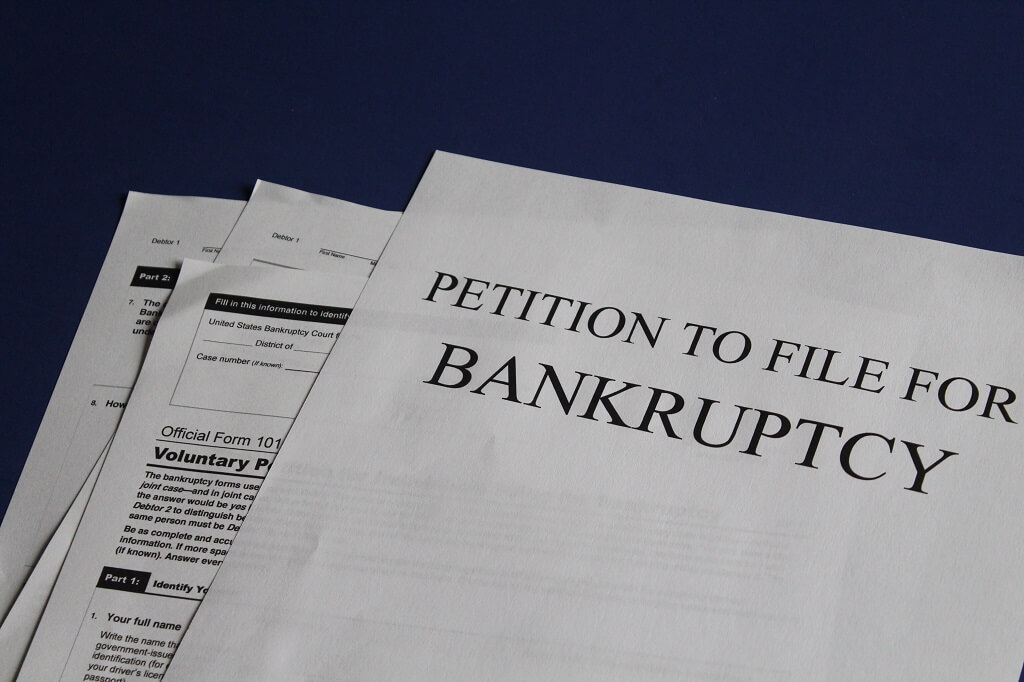What's The Difference Between An IVA And Bankruptcy?

Many people experiencing financial difficulties may think that declaring bankruptcy is their only option. For those who have heard about IVA's they may not be sure of the difference between an IVA and bankruptcy.
If you are curious how financial debt relief works, there's a few important points to note.
Difference In The Application Process
There are several differences in the application process for both bankruptcy and an IVA. For instance, you may only apply for bankruptcy online through the government website and the application may cost close to £700. An adjudicator will review your application and see if you are eligible for bankruptcy. If an adjudicator's decision finds that you should seek other financial alternatives first, they may suggest that you consider attempting to apply for an IVA. If your bankruptcy status is approved, your name will be published publicly in order for creditors to become aware. This is not the case with an IVA.
When you apply for an IVA, you want to speak to an insolvency practitioner. This is a person who will mediate your debts owed to your creditor to a mutually acceptable range. You can find services online that will assist you in this process. An insolvency practitioner will take a look at the amount you owe your creditors and see if you qualify for an IVA. The good thing is, applying for an IVA doesn't have to be difficult, and it is a relatively simple process. An insolvency practitioner will attempt to coordinate lower payments for you and the total amount owed to creditors. They will review your financial situation and see what you're able to afford every month. If you live in Scotland, you will need to apply for a Protected Trust Deed (or Scottish Trust Deed) which varies in its requirements when compared to an IVA.
Repayment
There are some key disparities between bankruptcy and IVAs when it comes to repaying creditors. In cases of bankruptcy you may not be required to pay your creditors back any money, or the duration of repayment is severely reduced. IVAs are agreements of repayment that are established over a period of five, or sometimes six years. This is why creditors often accept IVAs, because they are able to recoup some of their expenses. You will expected to pay back an affordable amount. This might mean that tight budgeting is necessary, but it's much better than trying to meet expensive monthly payments you can no longer make.
Housing

As you are required to sell assets in order to pay off debts with bankruptcy, you may be required to see if there is equity in your home. With bankruptcy you give authority over your assets to a trustworthy person, who will then decide if this is necessary. With an IVA you may be required to remortgage your home, but most likely you will not lose your home. This is because the debtors are making payments to their creditors instead of becoming insolvent.
Span Of Period
As mentioned previously, an IVA may be negotiated for a period of five to six years, depending on the situation. During this time you will need to budget according to the negotiated terms set by an insolvency practitioner. You are released from bankruptcy after a year. However, if you established an income payments agreement, you will need to continue to make payments for two to three years, depending on the set period of time. Scottish Trust Deeds are generally negotiated for a period of four years.
Credit Score
An IVA is maintained in your credit file for a period of six years, so it will remain for a year if your term of repayment is five years. If your period of repayment is six years, it will stay until the end of the IVA. Bankruptcy will be maintained on your credit file for the same period of time. This can make borrowing finances more difficult and you may only be able to secure a loan of £500. You may be able to work towards improving your credit even with either of these on your file, depending on the situation.
Before investing in an application process, it might help to speak to a financial advisor to discuss your options. You may find that either is the right approach for your position, or employment status currently. There are financial commitments associated with both, and unfortunately it's impossible to protect your credit with either option. Thankfully, these choices offer you the opportunity to gain your footing, and work towards building a brighter financial future for yourself.
839GYLCCC1992



Leave a Reply